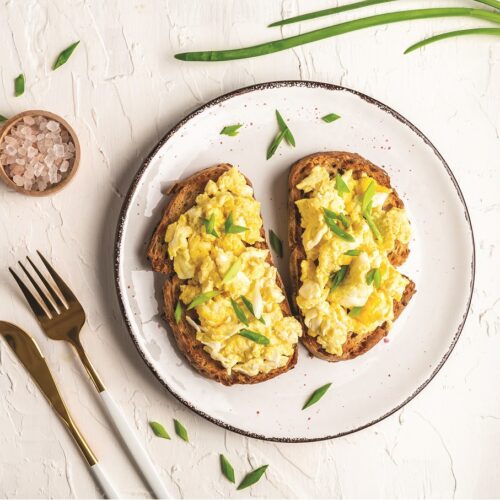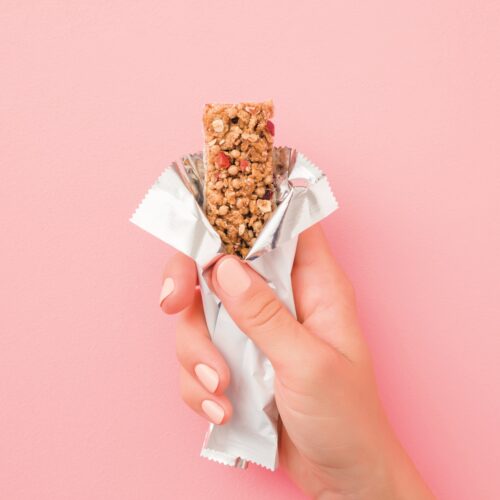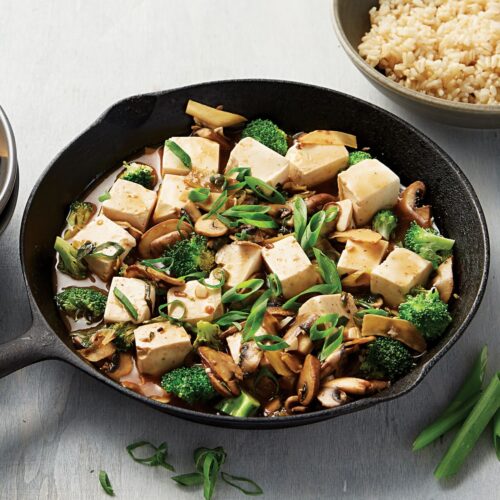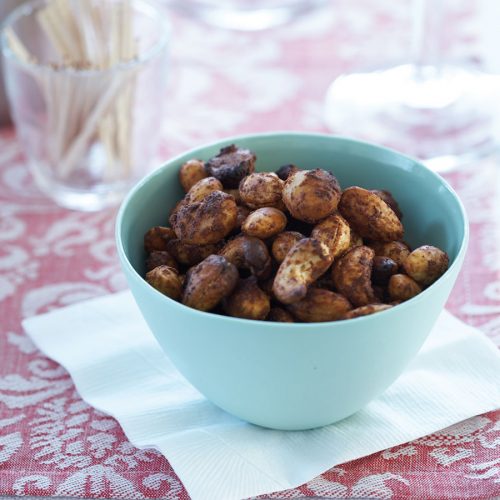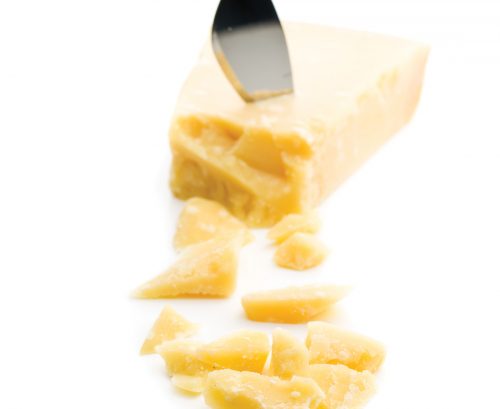
There is now a wide range of non-dairy alternative cheeses available. We pick the best of the bunch.
For those avoiding dairy or following a vegan diet, missing out on cheese can be one of the hardest things.
Over the past few years, an increasing number of vegan cheese alternatives have been filling our supermarket chillers and health food stores.
We found vegan cheese alternatives available in a range of different styles. Cheddar, mozzarella, feta, parmesan and cream cheese alternatives are all easy to find in both plain and flavoured versions.
Coconut oil, nuts and potato starch are the most common ingredients in vegan cheese alternatives, and they all determine the nutrition found in these products.
Like dairy-based cheese, vegan alternatives also have the potential to be high in saturated fat and sodium.
However, unlike dairy-based cheese, vegan cheeses are low in calcium and can be low in protein.
We can choose vegan cheese based on the same things we look for in dairy-based cheese, focusing on lower saturated fat and sodium. In vegan cheeses we also want to look for calcium-fortified products.
We suggest using the same nutritional recommendations we’d use for dairy-based cheese.
Saturated fat
Saturated fat can increase our blood cholesterol levels, increasing our risk of heart disease. Many vegan cheese alternatives contain coconut oil, which is high in saturated fat. Although this is a plant-based saturated fat, it can still have the same effects on your heart disease risk.
We recommend choosing vegan cheese alternatives that contain 20g or less saturated fat per 100g.
Sodium
Salt is used in the production and flavouring of cheese alternatives. We found a range of high- and low-sodium products available, the same as you would find for dairy-based cheese. Parmesan-style vegan cheese alternatives are the highest in sodium.
Regularly choosing foods high in sodium may lead to increased blood pressure, another risk factor for heart disease.
Some of the imported products list their salt content rather than sodium. One gram of salt has around 390mg sodium.
We recommend choosing vegan cheese alternatives that contain 720mg or less sodium per 100g.
Calcium
Dairy-based cheese is a good source of calcium, with around 600mg-700mg per 100g. Many vegan cheese alternatives don’t contain calcium. If you were counting on cheese as a source of calcium before changing to a vegan alternative, then choose a calcium-fortified vegan cheese alternative.
Use these criteria to compare vegan cheese alternatives:
www.healthyfood.com




